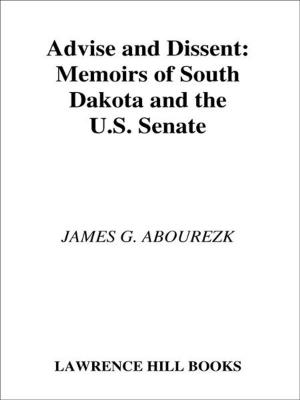Polar Explorers for Kids
Historic Expeditions to the Arctic and Antarctic with 21 Activities
Kids, Creative Kids, Activity Books, People and Places, Biography, Non-Fiction, Nonfiction, Reference & Language, Education & Teaching, Teaching, Teaching Methods| Author: | Maxine Snowden | ISBN: | 9781613742631 |
| Publisher: | Chicago Review Press | Publication: | November 1, 2003 |
| Imprint: | Chicago Review Press | Language: | English |
| Author: | Maxine Snowden |
| ISBN: | 9781613742631 |
| Publisher: | Chicago Review Press |
| Publication: | November 1, 2003 |
| Imprint: | Chicago Review Press |
| Language: | English |
Heroism and horror abound in these true stories of 16 great explorers who journeyed to the Arctic and Antarctic regions, two exquisite and unique ice wildernesses. Recounted are the exciting North Pole adventures of Erik the Red in 982 and the elusive searches for the “Northwest Passage” and “Farthest North” of Henry Hudson, Fridtjof Nansen, Fredrick Cook, and Robert Peary. Coverage of the South Pole begins with Captain Cook in 1772; continues through the era of land grabbing and the race to reach the Pole with James Clark Ross, Roald Amundsen, Robert Scott, and Ernest Shackleton; and ends with an examination of the scientists at work there today. Astounding photographs and journal entries, sidebars on the Inuit and polar animals, and engaging activities bring the harrowing expeditions to life. Activities include making a Viking compass, building a model igloo, making a cross staff to measure latitude, creating a barometer, making pemmican, and writing a newspaper like William Parry’s “Winter Chronicle.” The North and South Poles become exciting routes to learning about science, geography, and history.
Heroism and horror abound in these true stories of 16 great explorers who journeyed to the Arctic and Antarctic regions, two exquisite and unique ice wildernesses. Recounted are the exciting North Pole adventures of Erik the Red in 982 and the elusive searches for the “Northwest Passage” and “Farthest North” of Henry Hudson, Fridtjof Nansen, Fredrick Cook, and Robert Peary. Coverage of the South Pole begins with Captain Cook in 1772; continues through the era of land grabbing and the race to reach the Pole with James Clark Ross, Roald Amundsen, Robert Scott, and Ernest Shackleton; and ends with an examination of the scientists at work there today. Astounding photographs and journal entries, sidebars on the Inuit and polar animals, and engaging activities bring the harrowing expeditions to life. Activities include making a Viking compass, building a model igloo, making a cross staff to measure latitude, creating a barometer, making pemmican, and writing a newspaper like William Parry’s “Winter Chronicle.” The North and South Poles become exciting routes to learning about science, geography, and history.















